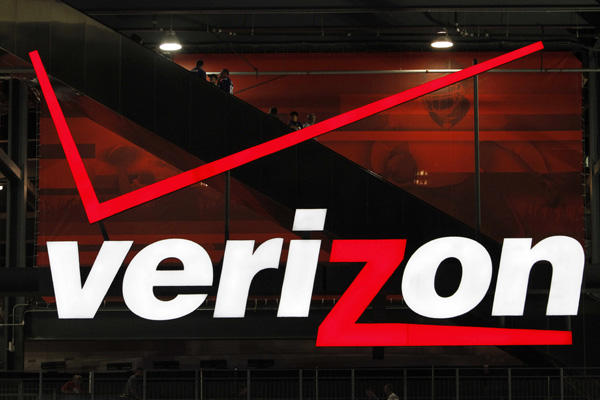 Verizon completed the deployment of the multi-vendor 5G trial network – with Samsung Electronics and Cisco — in Ann Arbor, a suburb of metropolitan Detroit, Michigan.
Verizon completed the deployment of the multi-vendor 5G trial network – with Samsung Electronics and Cisco — in Ann Arbor, a suburb of metropolitan Detroit, Michigan.
Verizon earlier this year announced plans for customer trials of 5G technology for home broadband service (Fixed Wireless Access). Verizon will start 5G trials in five U.S. cities in the second quarter of 2017. Verizon plans pilot trials that will deliver broadband services to Verizon’s trial customers in 11 markets by the middle of the year.
Sathya Atreyam, research manager, 5G and IoT Infrastructure, IDC
# 5G success depends on developing a framework that is comprehensive
# Need a frictionless end-to-end convergence of radio access and packet core 5G architecture
# 5G architecture should natively supports programmability and real time resource partitioning
Samsung said the solution includes a 5G virtualized packet core as part of the Cisco Ultra Services Platform with Cisco Advanced Services and Samsung virtual RAN solutions (vRAN), paired with Samsung’s 5G Radio base stations and 5G home routers.
Based on Verizon’s 5G Technical Forum specification, Verizon, Samsung and Cisco followed network vendor interoperability tests (NVIOT) that demonstrated interworking between core network, radio edge and user devices that showcased a core principle of next-generation network virtualization via multi-vendor support.
This trial highlights the readiness of 5G technologies, paving the way for deployment of commercial 5G networks.
“We are excited about the progression of 5G technology with our 5G Technology Forum partners,” said Adam Koeppe, vice president of Network Planning at Verizon. “Interoperability, a key milestone towards 5G commercialization, allows for highly flexible network design to meet emerging 5G use cases.”
“We are making history on the path towards Network Function Virtualization (NFV), demonstrating it for the first time in a 5G environment,” said Yvette Kanouff, senior vice president and general manager, Service Provider Business, Cisco.
“A shift towards Network Function Virtualization creates new opportunities in the industry value chain, enabling collaboration with pioneering industry leaders to bring greater value to consumers and businesses,” said Woojune Kim, head of Next Generation Strategy, Samsung Electronics.





